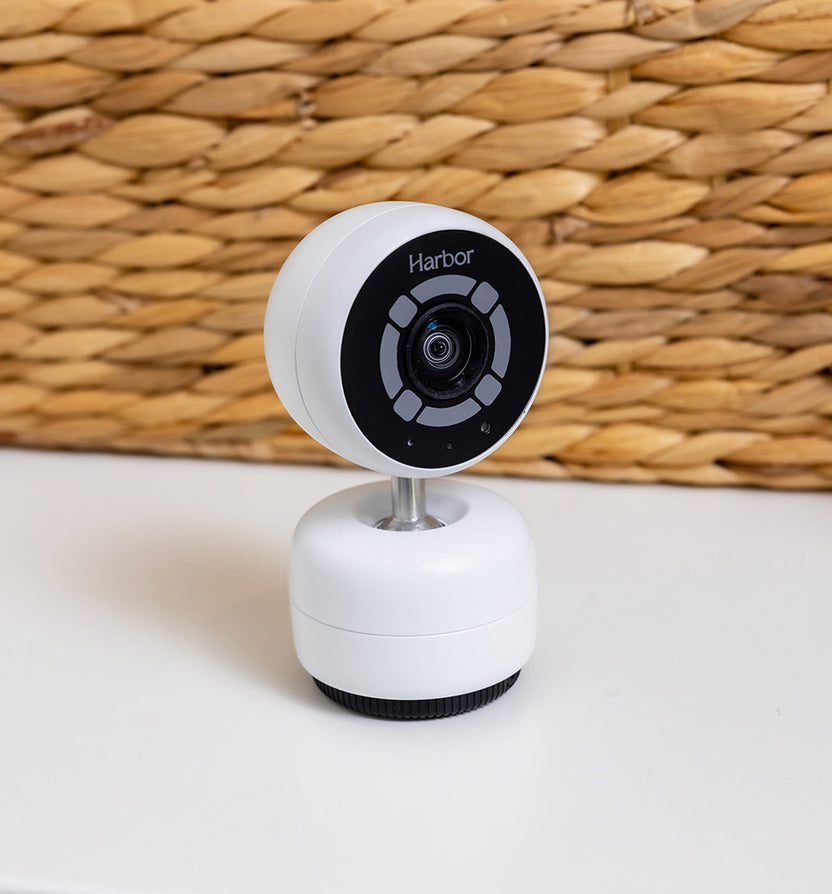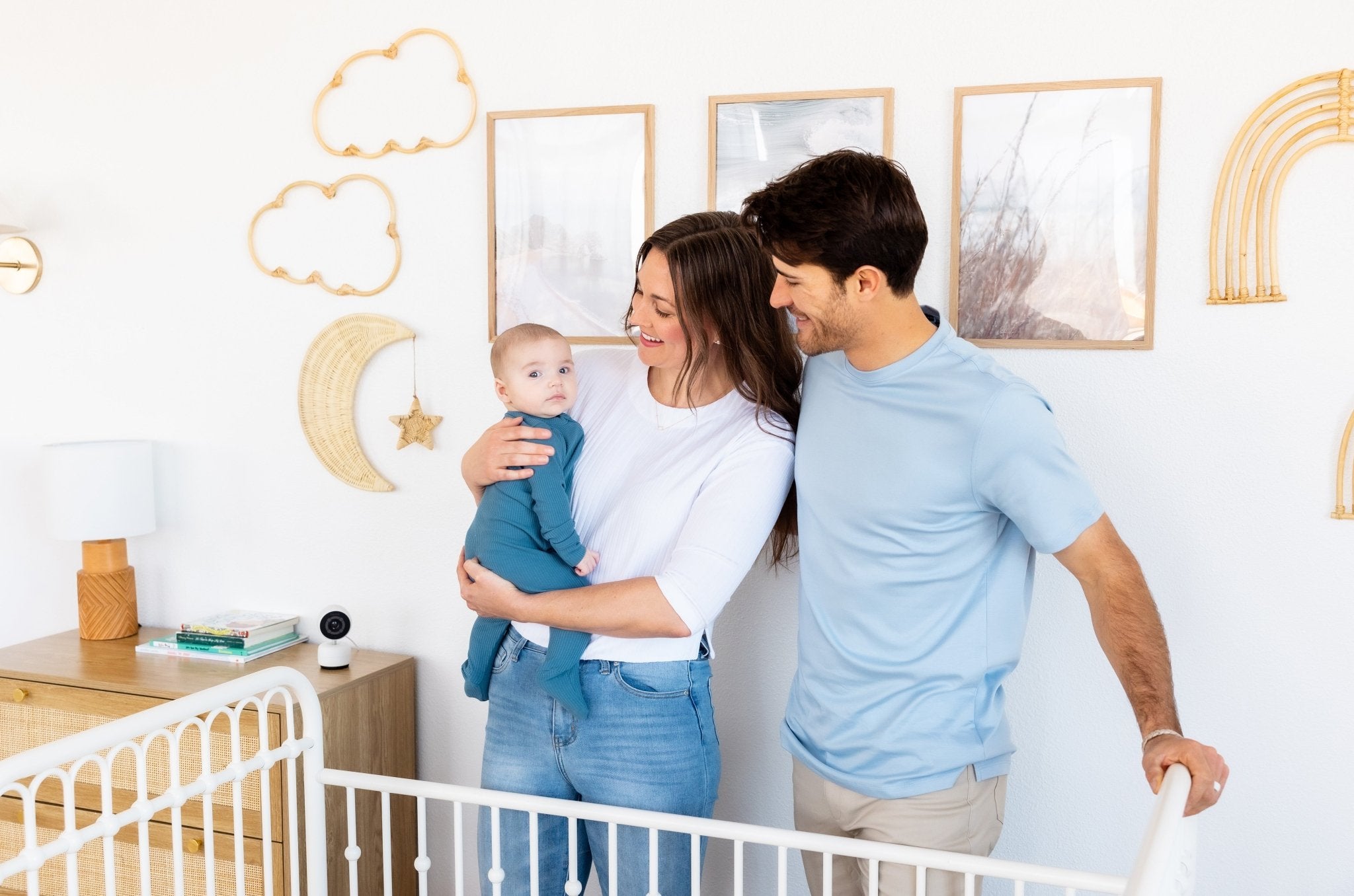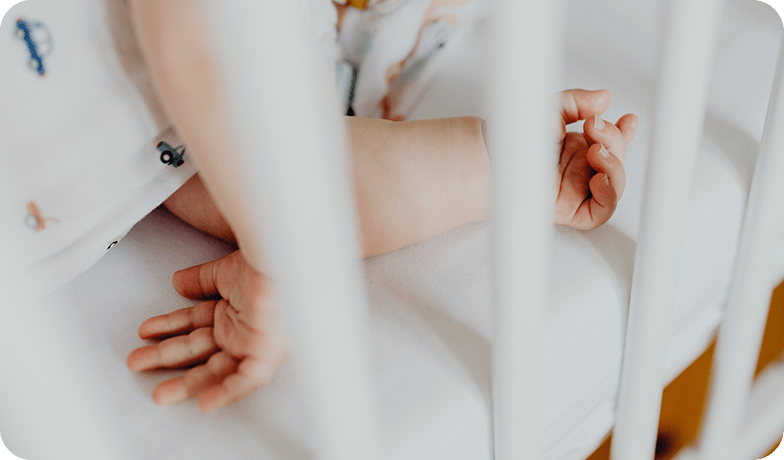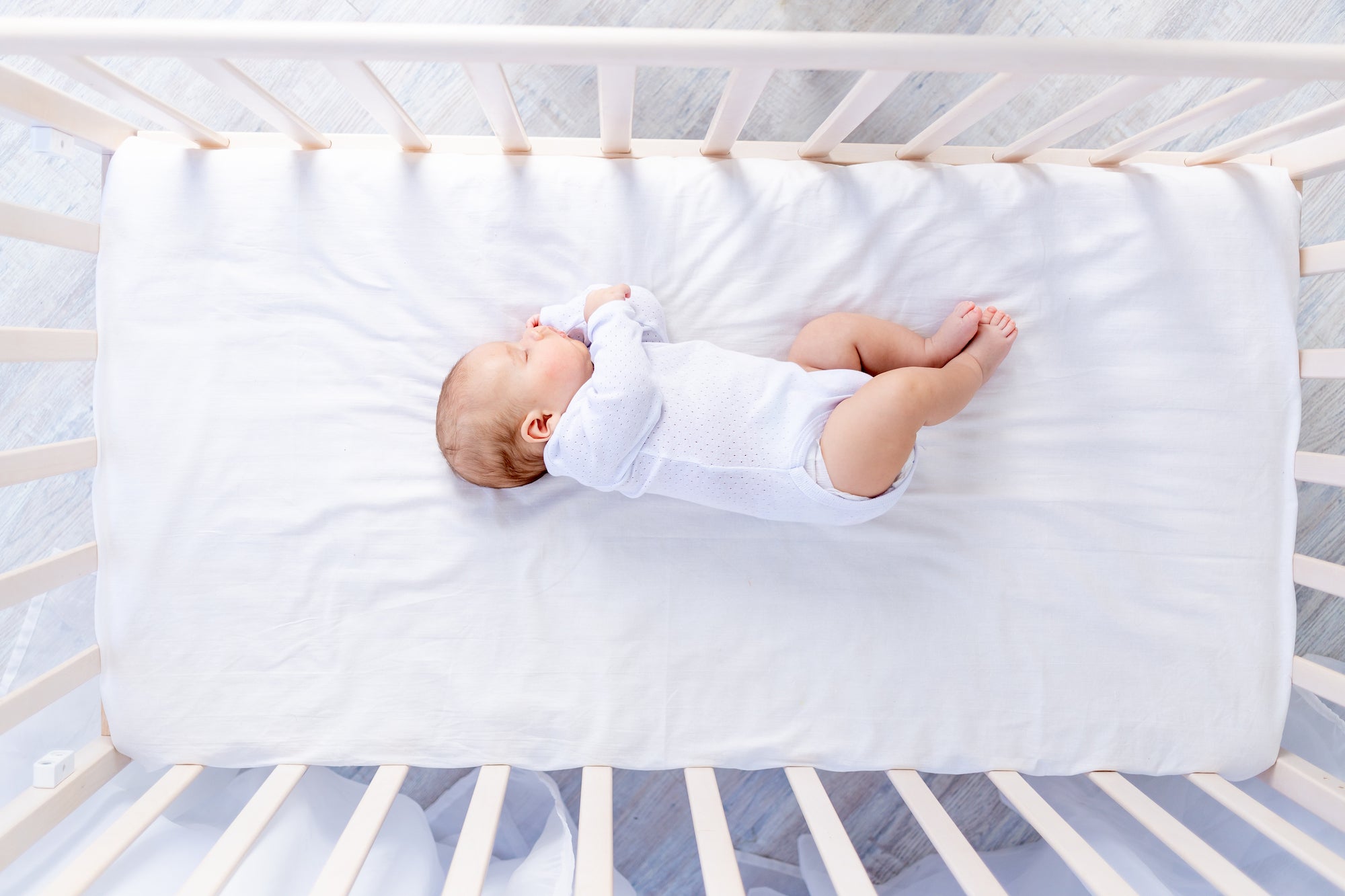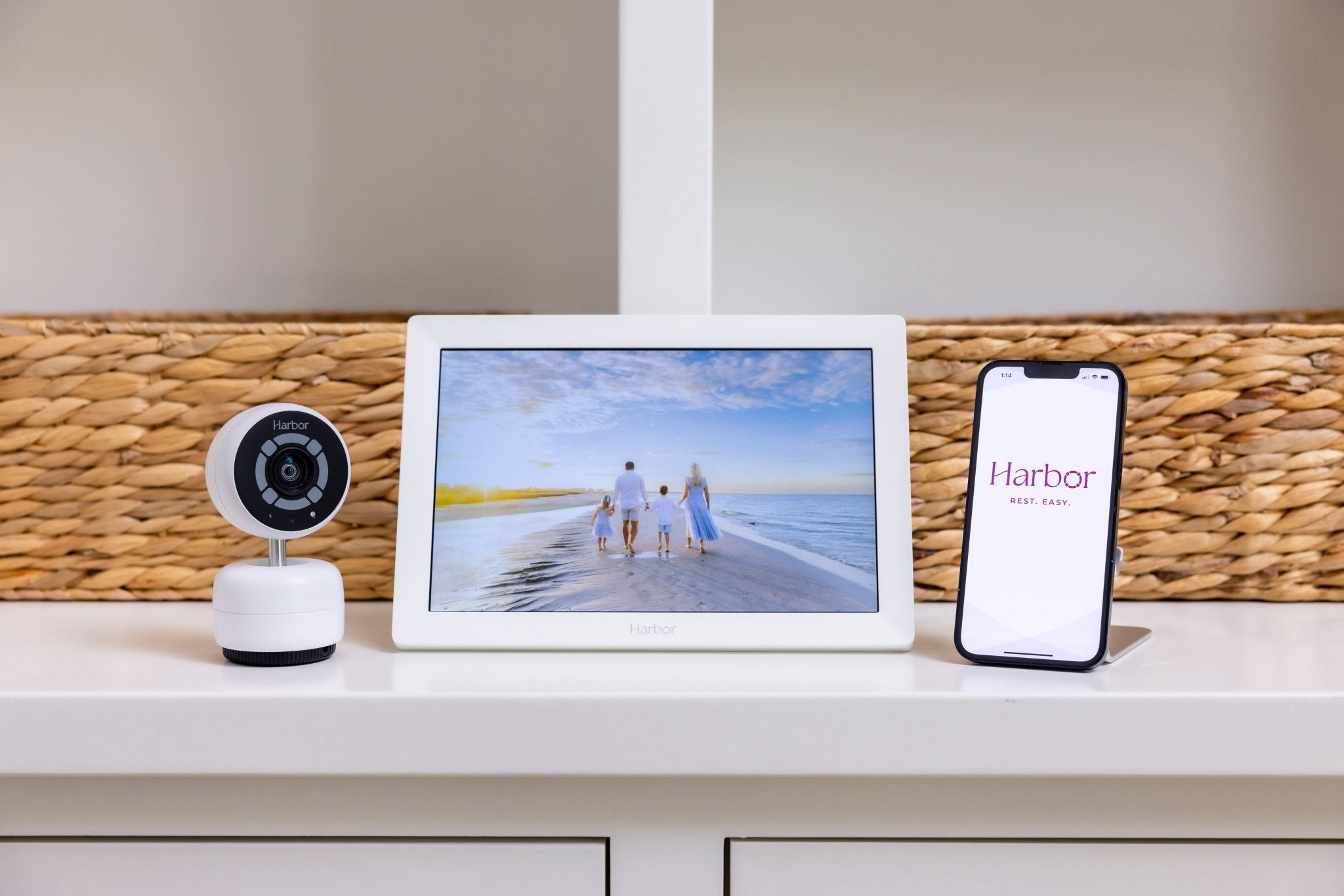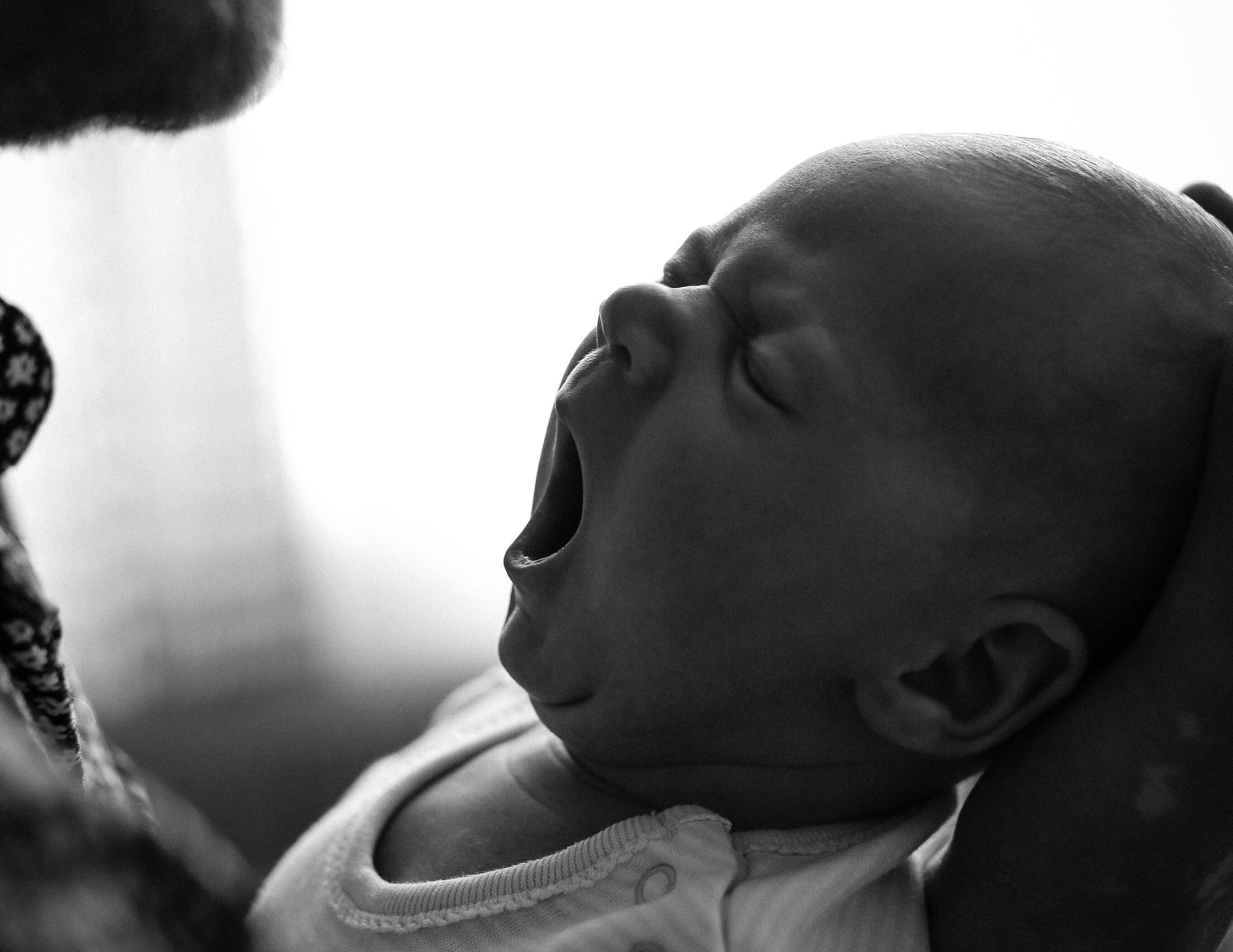
Is Melatonin Ok for Kids?
Written by: Shira Page, RN, NP, CLC
We've all been there: trying to do the dishes, finish laundry, or simply enjoy a quiet moment after a long day—when footsteps appear on the stairs again. By the fourth or fifth time your child sneaks out of bed after 10 p.m., you may wonder: Can I give them something to help them sleep?
As a mom of three and a Nurse Practitioner, I understand how important sleep is for the whole family. Many parents are curious about melatonin for kids, especially when bedtime battles become overwhelming. But are sleep supplements safe? Studied? Recommended by pediatric experts?
Here's what we know about melatonin, what the American Academy of Pediatrics (AAP) says about kids' sleep aids, and natural alternatives to help your child get the rest they need.
What Exactly is Melatonin?
Melatonin is a naturally occurring hormone that we all make after early infancy. It helps us regulate the sleep-wake cycle, telling our bodies when to go to bed and helping us get sleepy at night. Supplementation with melatonin has become popular as a "natural" sleep support option, with many adults using melatonin as an alternative to more habit-forming or prescription sleep aids. Because it is naturally made in the body, it has also been presumed a safe option for kids struggling to sleep.
Is Meltatonin Recommended for Kids?
The AAP advises parents to always consult a pediatrician before giving melatonin to children.
Here's why:
-
Short-term vs. long-term use: While melatonin may be relatively safe short-term, long-term effects in kids are not well studied.
-
Limited benefit: Melatonin helps children fall asleep, but does not necessarily help them stay asleep. If your child wakes early in the morning, melatonin won't solve the problem.
-
Overdose risks: Melatonin-related calls to poison control have significantly increased in the last decade. Gummies and syrups are especially risky if left within reach of children.
-
Unregulated dosing: Supplements aren't FDA-regulated. Actual melatonin amounts may vary from the label, which creates dosing concerns.
-
Possible interactions: Melatonin can interact with medications your child may already be taking.
The American Academy of Pediatrics acknowledges that melatonin can be a useful tool to reset a sleep schedule due to travel or major changes. It's important to note that while melatonin helps fall asleep, it may not help keep kids asleep longer, so if the issue is early morning wakeups, melatonin will not address this. Additionally, routine, long-term use is not recommended.
What About Other Sleep Aids?
The AAP cautions against the use of other sleep aids in children. Parents may also wonder about options like Benadryl (diphenhydramine) or over-the-counter supplements. According to the AAP, these are not safe or effective for children:
-
Diphenhydramine: Not recommended for sleep in kids or adults. Side effects include daytime grogginess and, paradoxically, hyperactivity in children.
-
Other herbal or OTC sleep aids: These lack evidence for safety or effectiveness in children. Always consult your pediatrician before considering them.
These should always be discussed with your child's healthcare provider.
Safer Alternatives: Natural Sleep Remedies for Kids
There are a number of natural ways to impact melatonin production. Focus on healthy sleep habits that naturally support melatonin production:
-
Get outside during the day: Daylight exposure strengthens circadian rhythms.
-
Dim lights before bedtime: Turn off bright or blue-light screens (TV, tablets, phones) at least one hour before bed. The AAP recommends shutting down all screens at least 1 hour before bed. This is excellent advice for adults as well!
-
Keep a routine: A consistent bedtime and wake schedules reinforce melatonin production.
-
Cool the room: Children sleep best in cooler environments.
-
Wind-down rituals: Try baths, story time, meditation, or audiobooks before bed.
-
Nutrition support: Foods like tart cherries, bananas, or warm milk may help encourage sleepiness, though evidence is limited.
We Tried Everything and It's Not Working, What Now?
Talk to your pediatrician about your options. Also, remember that sleep consultants are not just for babies; many pediatric sleep professionals can help support you in creating a routine and improving your child's sleep.
Key Takeaways:
-
Melatonin may be safe short-term (if approved by your pediatrician) but is not recommended for long-term use in children without medical supervision.
-
If you do have melatonin in the house, make sure it is kept safely away from where children can access it.
-
Focus on healthy sleep habits over the use of supplements.
-
If you are still struggling, talk to your pediatrician and seek support from sleep experts.
